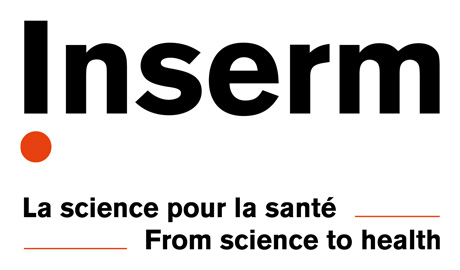DETAILS OF THE OFFER | Working place: Lyon 1 University Missions: This PhD thesis is integrated within the framework of the ERANET-NEURON funded project AUTONOMIC and of the ERC funded project EPIAROUSAL
Both seizures and their complications are modulated by patients' vigilance states. Several epilepsy complications are associated with sleep, including Sudden and Unexpected Death in Epilepsy (SUDEP). SUDEP primarily results from a fatal postictal central apnea after a nocturnal generalized convulsive seizures. Reducing the severity of postictal respiratory dysfunction has thus appeared as one of the most promising ways to prevent SUDEP. However, no encouraging result has been reported yet, suggesting that epilepsy-related respiratory dysfunction may only be the tip of the iceberg. Given the numerous interconnections between the network that regulates arousal and sleep and the respiratory network, one might make the hypothesis that some patients with drug-resistant epilepsy might combine this well-known seizure-related respiratory dysfunction with a chronic alteration of arousal regulation, resulting in abnormal asphyxia-induced arousal. The PhD project will thus study the interplay between epilepsy-related respiratory dysfunction and arousal regulation.
The project will be conducted in two rodent models of epilepsy: (i) Scn1aRH/+ mice, a mouse model of Dravet Syndrome, a severe neurodevelopmental disease, characterized by infancy onset, severe cognitive deficit and drug-resistant seizures, and high risk of seizure-related death; (ii) rat model of temporal lobe epilepsy (TLE).
The work will use complementary techniques, including long-term cardio-respiratory recordings combined with EEG, in vivo multiunit recordings as well as molecular neurobiology (RT-qPCR and RNAscope).
|





